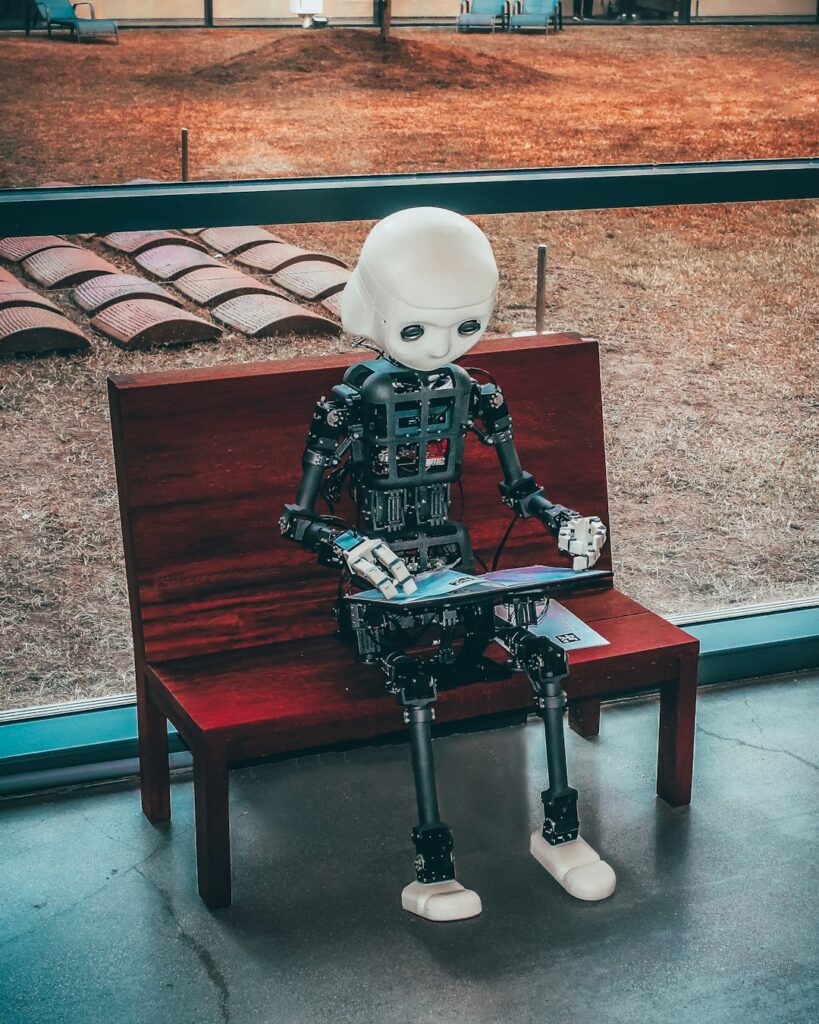Harnessing the Power of AI in Disease Diagnosis
Welcome, health enthusiasts! Today, we are delving into the fascinating realm of Artificial Intelligence (AI) and its remarkable capabilities in the field of disease diagnosis. The use of AI in healthcare is revolutionizing the way we approach early detection, prognosis, and treatment of various medical conditions. Whether you’re a healthcare professional, a tech enthusiast, or simply someone curious about the future of medicine, you’ll find this exploration of AI’s role in disease diagnosis both enlightening and empowering.
The Surprising Statistics
Did you know that AI has proven to outperform human doctors in diagnosing certain medical conditions? Shocking as it may seem, studies have demonstrated that AI algorithms can achieve a diagnostic accuracy exceeding that of experienced physicians. In fact, a research study published in the journal *Nature Medicine* revealed that an AI model was able to accurately detect diseases from medical imaging with a success rate that surpassed that of radiologists. This remarkable feat underscores the immense potential of AI in transforming healthcare practices.
Unveiling AI’s Diagnostic Prowess
Understanding AI’s Approach
So how does AI excel in disease diagnosis? The answer lies in its ability to rapidly analyze vast amounts of medical data with incredible precision. By leveraging advanced machine learning algorithms, AI can identify subtle patterns, anomalies, and correlations within medical images, diagnostic tests, and patient records. This analytical prowess enables AI to detect early signs of diseases, predict potential health risks, and recommend tailored treatment strategies.
Enhancing Early Detection
Early detection is pivotal in managing and treating diseases effectively. AI has demonstrated exceptional capabilities in detecting minute anomalies in medical scans, such as mammograms and MRIs, which may elude the human eye. This early identification of abnormalities can significantly improve patient outcomes by facilitating timely interventions and personalized care plans.
Tailoring Treatment Approaches
AI’s proficiency in analyzing diverse data sets allows for the development of personalized treatment approaches. By synthesizing information from genetic profiles, patient histories, and clinical research, AI can assist healthcare providers in devising precise and targeted treatment strategies. This tailored approach holds immense promise in optimizing therapeutic outcomes while minimizing side effects.
Applying AI Insights to Everyday Life
Now that we’ve glimpsed into the transformative potential of AI in disease diagnosis, let’s explore how you can integrate this knowledge into your daily life.
Staying Informed
Stay abreast of the latest advancements in AI-driven diagnostic tools and technologies. Follow reputable healthcare and technology sources to remain informed about innovative AI applications in disease detection and management.
Seeking AI-Supported Healthcare
When seeking medical care, inquire about AI-supported diagnostic services offered by healthcare providers. Embracing AI-driven diagnostic tools can potentially enhance the accuracy and efficacy of medical evaluations.
Supporting Ethical AI Practices
Advocate for responsible and ethical use of AI in healthcare. Support initiatives and policies that prioritize patient privacy, data security, and transparency in the development and deployment of AI-powered diagnostic solutions.
In Summary
The integration of AI in disease diagnosis represents a watershed moment in healthcare innovation. By harnessing AI’s analytical acumen, we are poised to usher in a new era of precise, individualized healthcare delivery. Embracing the potential of AI in disease diagnosis offers a pathway towards earlier interventions, improved prognoses, and enhanced patient-centered care. As we continue to explore the frontiers of AI in healthcare, let’s remain vigilant in upholding ethical standards and fostering an inclusive, patient-centric approach to integrating AI into medical practice. The future of healthcare is being shaped by AI, and its capacity to redefine disease diagnosis is both awe-inspiring and promising.












